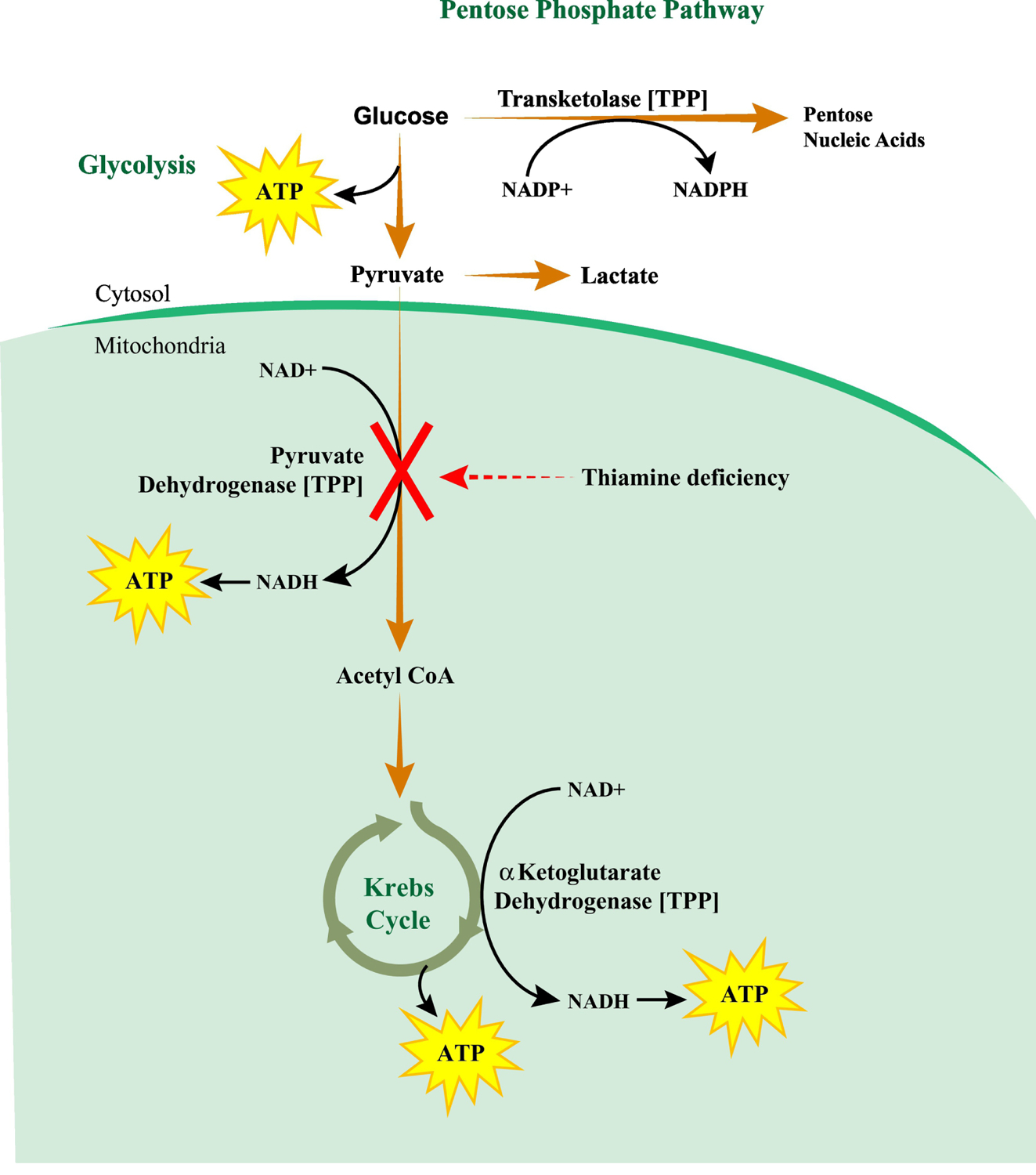Figure 2. Carbohydrate metabolism pathways that rely on thiamine.

Thiamine in the form of thiamine diphosphate (TPP) is an important cofactor for three key enzymes of the carbohydrate metabolic pathways. The first is transketolase of the pentose phosphate pathway, which converts glucose metabolites to pentose nucleic acids for nucleotide synthesis and generates NADPH for reductive biosynthesis including that of fatty acids, cholesterol, and steroid hormones. The second is pyruvate dehydrogenase in the glycolysis pathway that converts pyruvate to acetyl coenzyme A (acetyl CoA) with subsequent entry into the Krebs cycle. During thiamine deficiency, conversion of pyruvate to acetyl CoA is blocked and pyruvate is converted to lactate. This may result in lactic acidosis that can be reversed with repletion of thiamine. The third enzyme is α-ketoglutarate dehydrogenase, which catalyzes the conversion of α-ketoglutarate to succinyl coenzyme A in the Krebs cycle and produces NADH utilized for ATP synthesis. Thiamine deficiency compromises NADPH, NADH and ATP production as well as reductive biosynthetic reactions, which together ultimately leads to organ dysfunction.
NADP+, oxidized nicotinamide adenine dinucleotide-phosphate; NADPH, reduced nicotinamide adenine dinucleotide-phosphate; NAD+, oxidized nicotinamide adenine dinucleotide; NADH, reduced nicotinamide adenine dinucleotide
